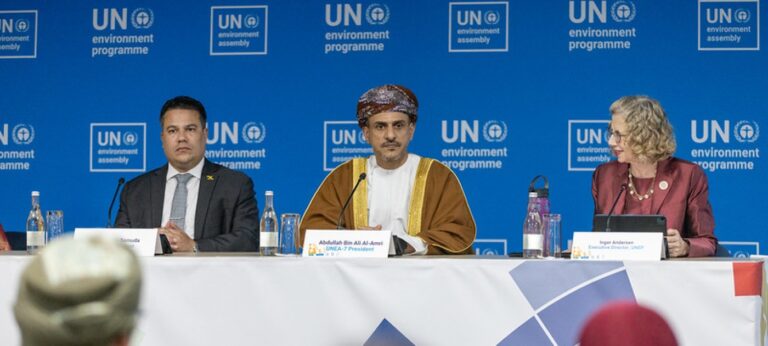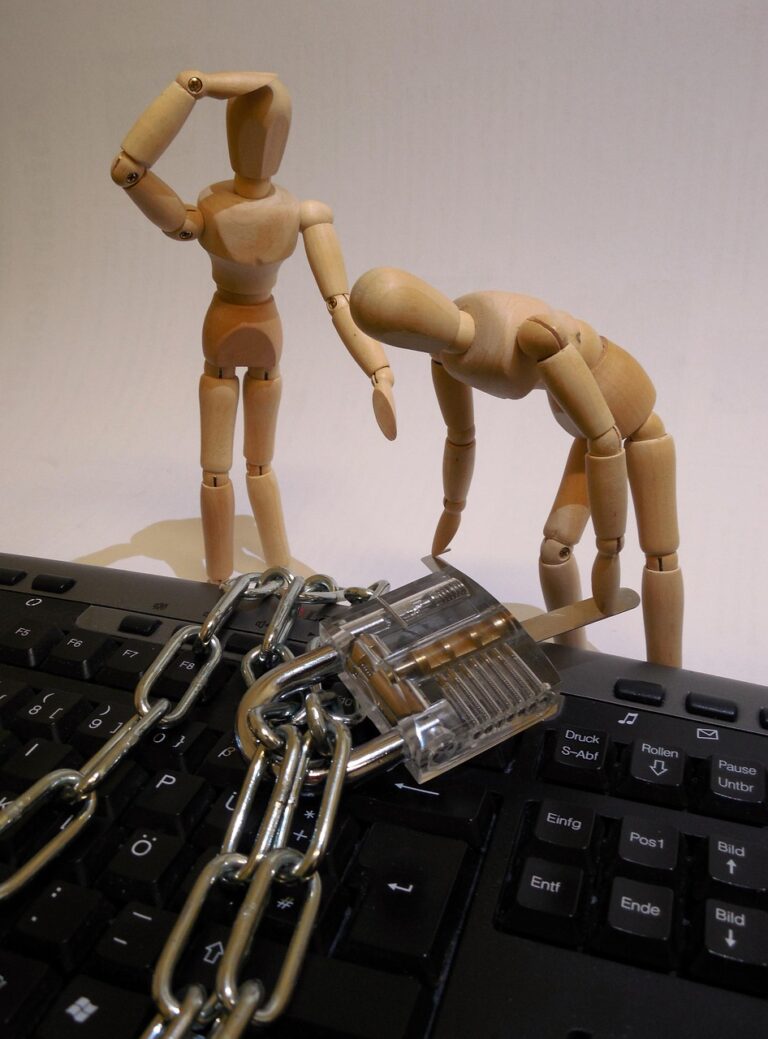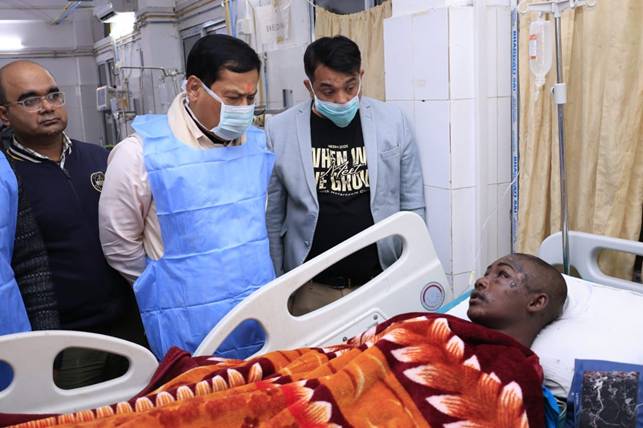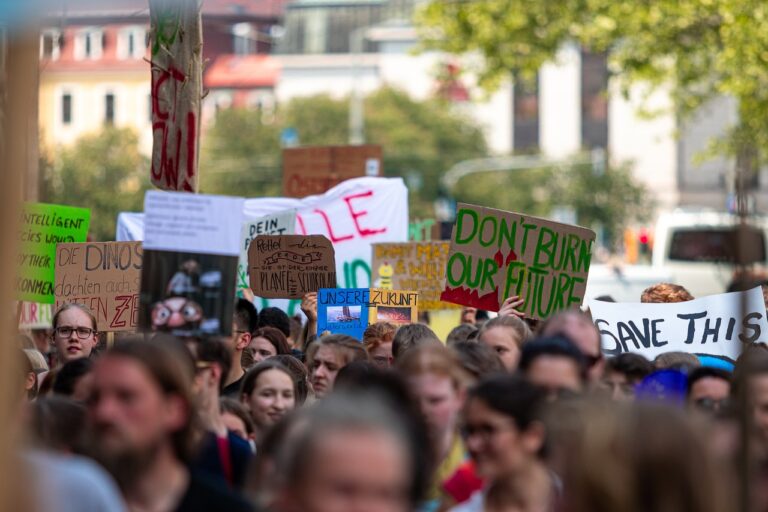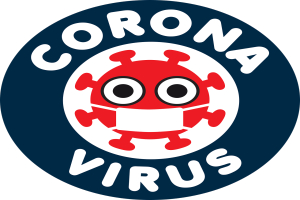
Your Lungs And You – 2

By Dr Anand Kumar Pandey*
COVID-19 is one of the strangest – and deadliest – experiences humankind has faced. One of the main threats of Coronavirus is the damage it does to the lungs in the long term. And once your lungs get damaged, you have to face the lethal consequences that result in a series of health challenges.
Since the COVID-19 pandemic has been around for some time now, a very large number of people may have already got infected with the virus and recovered too without knowing it.
So, how could you ascertain that you too could be one of those who had got COVID-19, recovered, and were completely unaware?
The answer to this question is a slew of telltale signs.
It’s a slew of telltale signs that give you the broadest indication that you could have been one of those who had COVID-19 and were completely unaware of it.
These telltale signs give you the broadest indication that you could have been one of those people who contracted the virus.
Recent research published by WebMD, an American corporation known primarily as an online publisher of news and information pertaining to human health and well-being, zeroed in on the following telltale signs that one could use to figure out whether he/she was infected and was unaware:
1. The Most Common Symptom: A ‘Bad Cold’
We often get a cold during the winter season. However, if you had one since the outbreak of the pandemic, there’s a very real chance that what you were considering to be about cold, was or likely COVID-19. COVID, it may be noted, usually stays for a period of nearly two weeks or longer. A bout of cold, on the other hand, usually sticks for just a few days. That’s a big difference. And that’s one very clear way of figuring out whether you have had COVID-19 or not.
2. The Other Major Indication: Shortness of Breath
Breathing difficulty and more specifically shortness of breath is not a usual symptom of a cold or flu. This feeling that you can’t breathe, it must be noted, is a symptom of COVID-19. It’s easy to pass it off as a case of bronchitis, which too can be caused by COVID-19 though. Also, when COVID-19 strikes, it can lead to anxiety or panic attacks. The point to be noted here is that shortness of breath lasts longer than a panic attack in the case of COVID-19. And coronavirus too brings flu-like symptoms.
3. Another Common Sign: Persistent Cough
There is cough and there is persistent cough and you must know that it could have been a symptom of COVID-19 if your dry cough took a long time to heal. Of course, the Covid-induced dry cough is different from the cough resulting from a bout of cold. Usually, it starts mildly only but the deterioration comes about in the following 5 days to a week’s time.
4. Did You Have Red and Watery Eyes?
One way of knowing that it might have been COVID-19 only is if you had conjunctivitis (pinkeye), watering eyes, or blurred vision. All of these are caused by the coronavirus. This is one of the reasons why we were advised against touching our eyes as well as sanitizing our hands regularly.
5. The Big Woes: Heart Palpitations or Chest Pain
Besides the not-too-serious health implications, COVID-19 has grave medical consequences too leading to mortality in severe cases, which explains such a high toll since it was first reported nearly two-and-a-half years ago in Wuhan, China. Some of the consequences include its effect on your heart as it can cause it to beat fast or flutter, or pound. You may also have had tightness in your chest.
6. Again, A Widely Reported Consequence: Extreme Fatigue
You would often hear people who’ve recovered from COVID-19 complaining about extreme fatigue and feeling really tired all the time. If you too are experiencing it, chances are that you had COVID-19 and do not know. And if you had extreme fatigue that didn’t get better with plenty of sleep, it could have been a sign of the virus.
7. Best Way to Know: Loss of Smell or Taste
One of the most accurate ways to know you have COVID-19 is when the foods and drinks you consumed had a very different taste than usual (or had no taste). It could also have been the case you were in those days not able to pick up on odours. You should know that approximately 80% of people who test positive have this issue. It’s usually considered a sign of a mild case.
The antibodies test
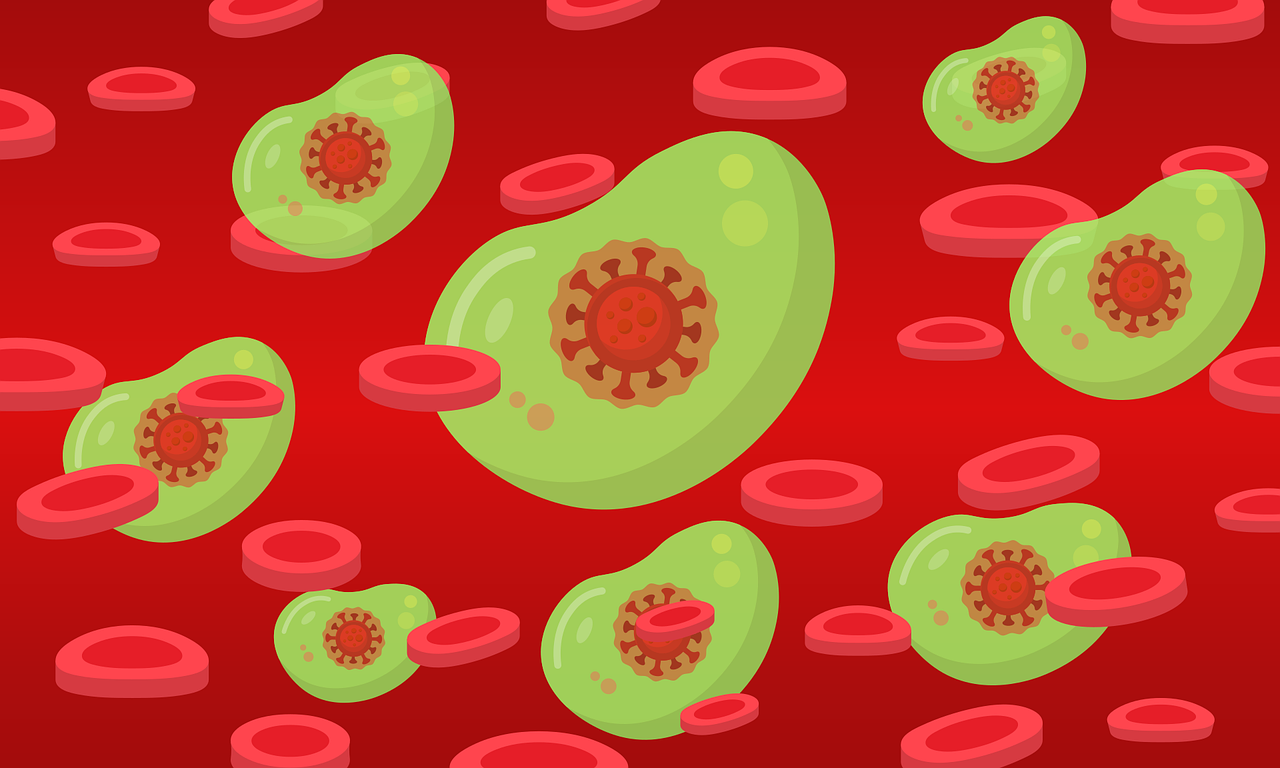
To figure out whether you had COVID-19 or not, you need to get the antibodies test done. Antibodies are proteins your body makes to help fight off an infection. The only way to know for certain if you’ve had COVID-19 is to have your blood tested to see if you have the antibodies that fight the virus. If you do have them, scientists aren’t sure how well they’ll protect you from getting it again. Some studies also show that people who have those antibodies are less likely to get COVID-19 again. The signs of the latest forms of COVID-19 too are the same as the original. So, there’s no easy way to know which strain of Coronavirus you had.
Fighting the worst-ever pandemic in human history
While we continue to fight the worst-ever pandemic in human history, we must also take note of the importance of clean air. We are exposed to a range of pollutants and a slew of resultant health hazards associated with polluted air. Pollutants in the air not only increase the risk of respiratory infections like influenza but also enhance the risk of catching COVID-19.
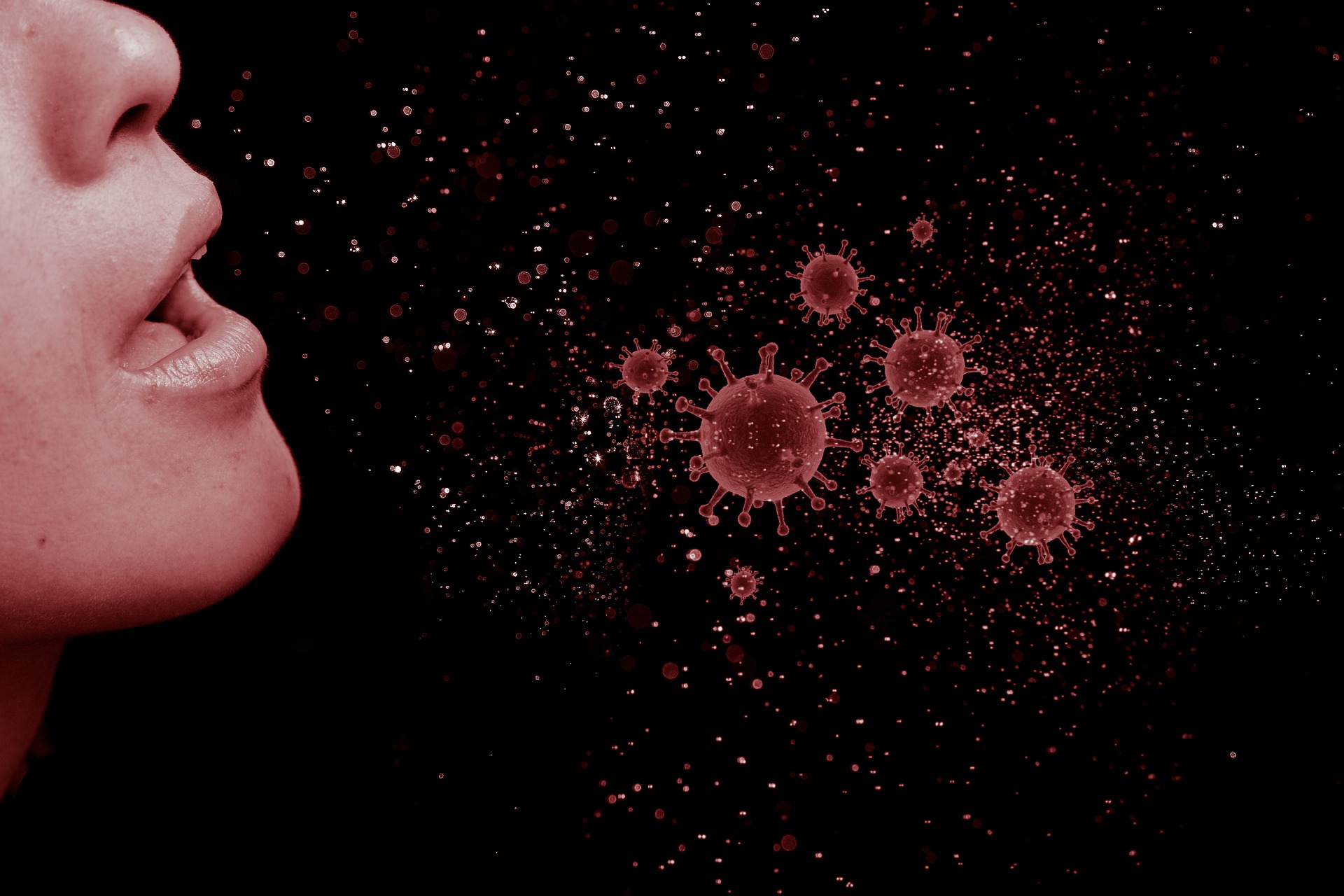
That breathing polluted air can irritate your airways and may cause shortness of breath is an established fact. It may also induce cough and result in wheezing, asthma episodes and chest pain. Exposure to air pollution puts you at risk for lung cancer, heart attacks, stroke and in extreme cases, premature death.
Even the dust no longer remains what it was in the ‘80s or ‘90s and it now comes with iron, aluminium, glass, copper, toxic e-waste etc. They enter the body of a person through the lungs and play havoc with their health.
As Inger Andersen, United Nations Environment Programme Executive Director, once said, “Improving air quality is key to tackling the triple planetary crisis of climate change, nature and biodiversity loss, and pollution and waste”.
The quality of air – both outdoor and indoor – is crucial for human health. As individuals, we cannot do much about outdoor air pollution but we can do our bit to mitigate indoor air pollution, thanks to the air purifying systems available in the market.
Since indoor air pollution is multiple times higher than outdoor air pollution, we need to be careful when it comes to the choice of the air purification system that we decide to install on our premises.
*MBBS, MD, DM
(Your Lungs And You series is an awareness campaign run by an NGO, The Eminent, in collaboration with PetriMed CA, an air purification system with 99.999% filtration and coupled with UV-C disinfectation and air ioniser, using 8 – stage filtration technology).



